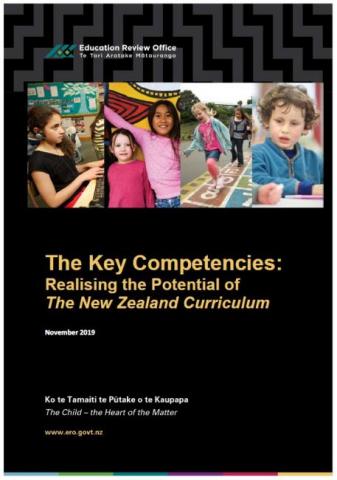Inclusive practices for students with special education needs in schools
Published: 05 Mar 2015
This report examines how well students with special education needs are included in New Zealand schools. The report provides an update on progress towards meeting the Government target that, by the end of 2014, 80 percent of New Zealand schools will be doing a good job and none should be doing a poor job of including and supporting students with disabilities.
- Audience:
- Education
- Māori-medium
- Parents
- Schools
- Content type:
- Research
- Topics:
- Inclusive practices
- Peer support
- Special education needs coordinators (SENCO)





